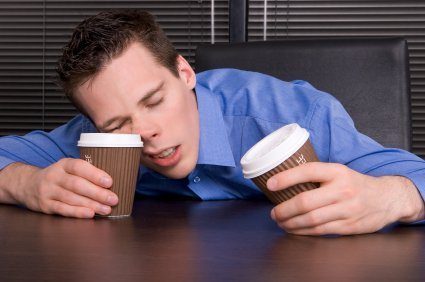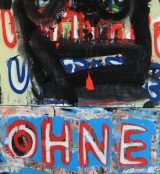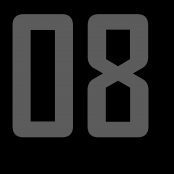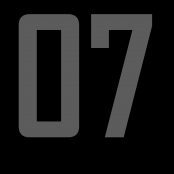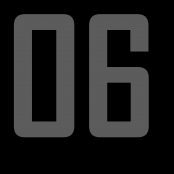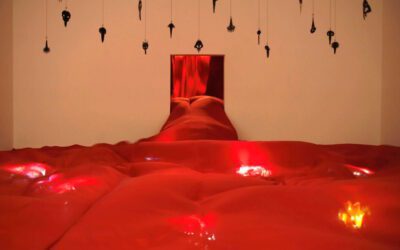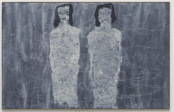Lack of sleep makes you slower and a bit useless at complex tasks? Doh! Anyone with a newborn can tell you that. The phenomenon is not universally accepted though, at least not amongst those whose martyr complex has somehow fused with their macho genes and claim sleep to be something only for the weak – to be avoided by those with aspirations to power and glory.
Benito Mussolini used to pose a model of himself at a desk throughout the night, so that onlookers would believe the silouhetted figure to be working. Madonna claims to need only four hours per night, a figure shared by Margaret Thatcher. Thatcher, going one better than that, claims to have not slept at all during the Falklands conflict, surviving on 20-minute catnaps. Of course, acknowledging that such behaviour might have any sort of ill-effect on one’s judgement or coherence is unlikely to come from the Thatcher camp. Although there are probably a few ex-mining communities which might wish she’d spent a bit more time asleep. Preferably permanently.
Boston, MA – Anyone that has ever had trouble sleeping can attest to the difficulties at work the following day. Experts recommend eight hours of sleep per night for ideal health and productivity, but what if five to six hours of sleep is your norm? Is your work still negatively affected? A team of researchers at Brigham and Women’s Hospital (BWH) have discovered that regardless of how tired you perceive yourself to be, that lack of sleep can influence the way you perform certain tasks.
“Our team decided to look at how sleep might affect complex visual search tasks, because they are common in safety-sensitive activities, such as air-traffic control, baggage screening, and monitoring power plant operations,” explained Jeanne F. Duffy, PhD, MBA, senior author on this study and associate neuroscientist at BWH. “These types of jobs involve processes that require repeated, quick memory encoding and retrieval of visual information, in combination with decision making about the information.”
Researchers collected and analyzed data from visual search tasks from 12 participants over a one month study. In the first week, all participants were scheduled to sleep 10-12 hours per night to make sure they were well-rested. For the following three weeks, the participants were scheduled to sleep the equivalent of 5.6 hours per night, and also had their sleep times scheduled on a 28-hour cycle, mirroring chronic jet lag. The research team gave the participants computer tests that involved visual search tasks and recorded how quickly the participants could find important information, and also how accurate they were in identifying it. The researchers report that the longer the participants were awake, the more slowly they identified the important information in the test. Additionally, during the biological night time, 12 a.m. -6 a.m., participants (who were unaware of the time throughout the study) also performed the tasks more slowly than they did during the daytime.
“This research provides valuable information for workers, and their employers, who perform these types of visual search tasks during the night shift, because they will do it much more slowly than when they are working during the day,” said Duffy. “The longer someone is awake, the more the ability to perform a task, in this case a visual search, is hindered, and this impact of being awake is even stronger at night.”
While the accuracy of the participants stayed the fairly constant, they were slower to identify the relevant information as the weeks went on. The self-ratings of sleepiness only got slightly worse during the second and third weeks on the study schedule, yet the data show that they were performing the visual search tasks significantly slower than in the first week. This finding suggests that someone’s perceptions of how tired they are do not always match their performance ability, explains Duffy.
Source: Brigham and Women’s Hospital

The aim of art is to represent not the outward appearance of things, but their inward significance. – Aristotle

